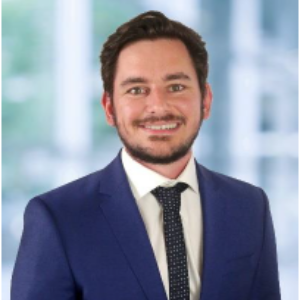Title : Synthesis, reactivity and stability investigation of new ligands for the alkoxycarbonylation
Abstract:
The synthesis of carboxylic acids is of high importance for the chemical industry, as the resulting products can be found in multiple fields like pharmacy, cosmetics, polymer industry and other. The alkoxycarbonylation represents a very important reaction for these products as acids and esters are obtained via a one-step reaction by using olefins.
The synthesis pathway of new diphosphine ligands based on the structure of 1,2-(bis((tert-butyl(2-pyridyl)phosphaneyl)methyl)benzene and the reactivity for a general palladium-catalyzed alkoxycarbonylation of different alkenes is presented. Terminal, internal and sterically demanding olefins are converted to linear esters with high yields. Key-to-success is the variation of the above mentioned ligand structure by introducing different substituents to an aromatic ring, resulting in an increase or even a decrease in reactivity. Additionally, the stability of the ligands is investigated via NMR and quantified via qNMR.
Especially the addition of a methyl group to the para position in relation to the phosphorous atom results in an increase of the reactivity and a high increase in relation to the stability.
Audience Take Away:
• These results could be meaningful for other researchers to take a second look at already known and high performing ligands to make these even better, just by the introduction of small substituents.
• It could help the audience by getting in touch with the problems and challenges of industrial processes and maybe give ideas to take another look at specific values that are not only interesting for academic research.
• The influence of the substituents is not fully understood now, but as far, as it is, it could be used in various fields, like the calculation of a ligands potential with help of theoretical chemists
• The combined investigations of reactivity and the in-situ measurements give an idea of what should be improved and how it is able to do it. At least it has not only the potential to make the process more profitable. It also provides the possibility to make the process more efficient and less resource consuming.



